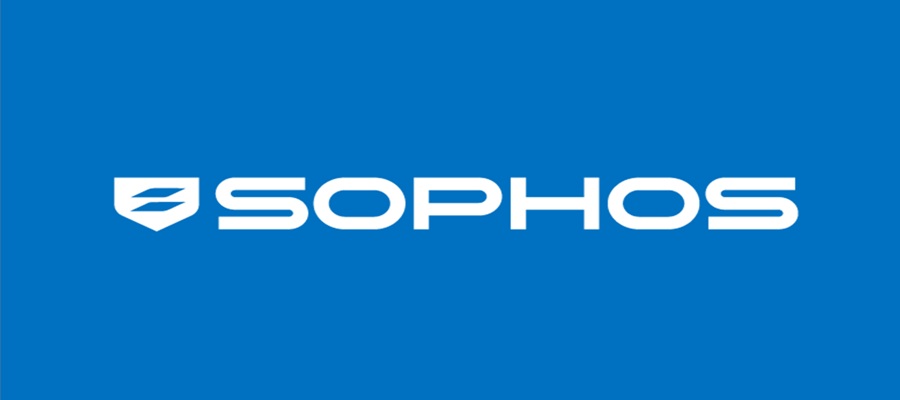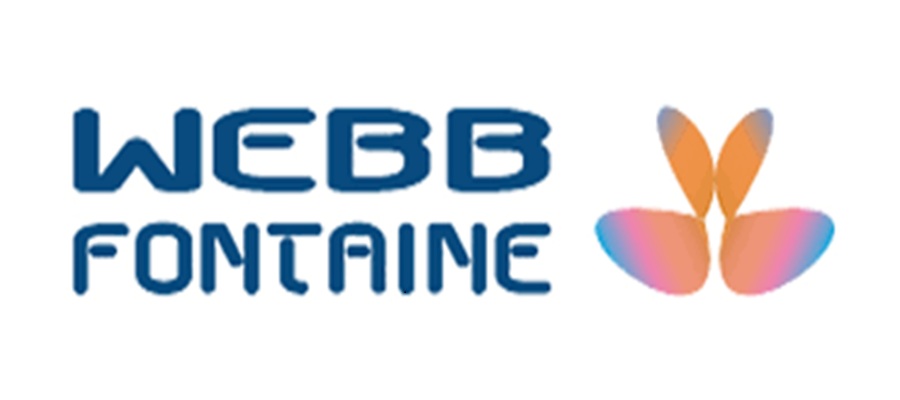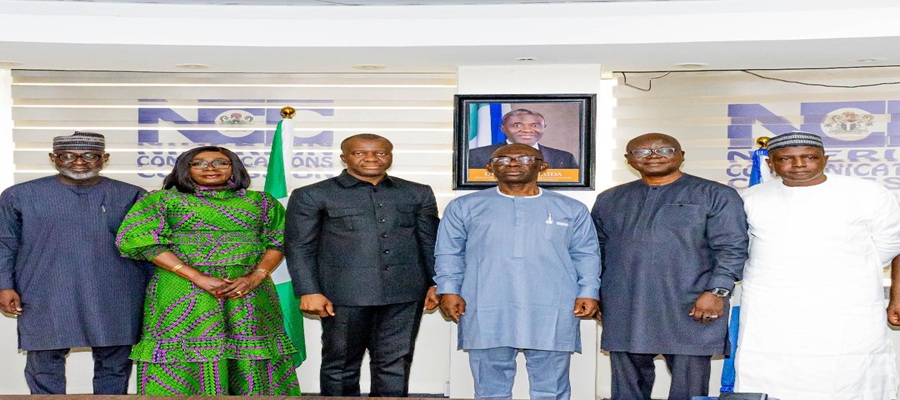Telecom
GSMA Launches a Mobile Money API Specification Compliance Service

GSMA, the global organisation unifying the mobile ecosystem, recently launched a Mobile Money API Compliance Verification Service; a quality assurance initiative which aims to reduce the complexities associated with scaling API integrations in the rapidly growing mobile money market.

The service, which will be free for companies providing mobile money services, is intended to support the growth of a trusted mobile money ecosystem in developing countries.
Africa leads the world in the adoption of mobile money services, and several African companies are the first mobile money API providers to enrol in the service. Sasai Fintech, with operations in Zimbabwe, Burundi and Lesotho, is now compliant with the GSMA Mobile Money API specification. AfriMoney will soon deploy their compliant APIs in Sierra Leone, DRC and the Gambia, alongside their technology partner, Comviva, which is also complying via their Mobiquity Pay mobile money platform.
In a statement, AfriMoney’s Group Director, Andy Widmann said “By working with the GSMA to comply with their Mobile Money API compliance verification service, we believe we can reduce the costs and time normally associated with API integrations.
We also believe that this will make it easier for third-party providers to partner with AfriMoney, thereby supporting further development of the digital ecosystem in our markets and increasing the number of products and services available to our customers.”
Mobile money continues to surge worldwide, with the amount of money being processed by the industry now passing the $1 trillion mark, according to the GSMA’s latest State of the Industry Report on Mobile Money.
Mobile money services can provide valuable support to communities, close societal divides, and deliver financial independence. The ability to conduct more complex financial transactions via mobile money meant the value of mobile money payments grew by 31% in 2021.
“Digital payment and fintech businesses continue to spur innovation, inclusion, and growth across the world. API integration is a key step in empowering consumers and businesses by simplifying integration and scaling the financial ecosystem.
“With our compliance against the GSMA’s Mobile Money API verification, we look forward to further strengthening our proposition to digital payment providers worldwide for delivering financial services solutions simply, securely and quickly”, commented Manoranjan ‘Mao’ Mohapatra, Chief Executive Officer at Comviva.
The new compliance service was developed by the GSMA’s Inclusive Tech Lab, which takes a hands-on approach to research, testing and development of the inclusive technologies of the future.
The Mobile Money API is an initiative developed through collaboration between the mobile money industry and the GSMA, aimed at helping the mobile money industry speak the same technical language by providing a modern harmonised API for mobile money transactions and management that is both easy to use and secure.
API providers who can demonstrate compliance will benefit from enhanced trust in their solutions by proving adherence to best practices in flexibility, scalability and security, helping them to attract third-party service providers to their platform.
Third-party service providers who wish to integrate with the API provider will in turn benefit from greater confidence and clarity during the integration process, and greater prospects for scale upon integration.
Alex Sinclair, the GSMA’s Chief Technology Officer, further commented on the benefits this new service will bring to the industry: “The GSMA is committed to supporting financial inclusion by encouraging the growth of a thriving ecosystem around Mobile Money platforms.
“This new service will enable all service providers to connect with each other in a simplified manner and reduce the lengthy and cumbersome Mobile Money API integration process.”
As more ecosystem players become compliant with a standard API specification, the more opportunities exist to scale solutions and grow the ecosystem.
Enhanced use cases can range from governments and NGOs distributing cash, to fin-tech companies providing cross-border remittances. If a solution is compliant it can integrate more easily with other compliant solutions, enhancing its potential to function across markets, systems and contexts.
The service is open to any API provider who wishes to comply with the GSMA Mobile Money API. This includes mobile money operators, technology platform providers, and service providers.
“We are delighted to have the GSMA Mobile Money API compliance mark of approval for merchant payments and bulk disbursements for the Sasai Super App. With this verification, we believe we will be able to simplify our integration process for partners and help more customers access our services.” Owen Takadiyi, Chief Marketing Officer, Sasai Fintech.
A ‘GSMA Mobile Money API Compliant’ mark will be granted to API providers that demonstrate compliance with this industry specification.
Compliance is determined by establishing that an API provider has implemented the API for use cases which are relevant to their business, and that they have met baseline security conformance for operational and API security.
For companies interested in becoming API compliant, the GSMA has also recently launched a new API Developer Portal, providing all the tools needed to embark on the compliance journey.
Telecom
Safer Internet Day: Sophos Warns – 42% Attacks Hit Stolen Logins in 2025

Sophos, a leading provider of innovative cybersecurity solutions, shared practical advice to help internet users safeguard their credentials and maintain continuous protection online.

Sophos
According to the upcoming Sophos Active Adversary Report, compromised credentials were the leading cause of attacks (42.06%) in 2025.
This is a strong trend that continues to dominate the scene, with cyber attackers demonstrating ever-increasing ingenuity and relying on new tools to compromise the security and privacy of internet users.
John Shier, Field CISO Threat Intelligence at Sophos, said: “The way attackers are using automation and generative AI to massively increase the speed and volume of their attacks suggests that attacks will become faster and more sophisticated. The best approach to protecting our identities and digital data is to take a proactive stance on defense.”
“Criminals are increasingly targeting people rather than devices, and this trend is expected to continue and even accelerate. Once again, AI is being used as a weapon to create highly detailed phishing lures to entice people to disclose passwords or financial information through well-designed emails, text messages, and WhatsApp messages.”
1. Keep your devices up to date: the most important and simplest measure you can take to protect yourself in the long term.
Cybercriminals are constantly on the lookout for computers that don’t have all the latest security patches, making them easy targets for compromise. This includes computers, laptops, smartphones, tablets, and home Internet/Wi-Fi routers. In most cases, you just need to click “Check for Updates” or “Update Now” and allow the device to restart.
2. Use a password management tool, whether it is built into an operating system or a third-party tool.
Password uniqueness and complexity are then managed automatically, greatly facilitating account isolation and protection.
3. Enhance protection with phishing resistant (MFA).
Many websites offer the option of using an “authentication app,” a smartphone app that displays a unique code for a short period of time, which must be entered after the password, making it much more secure than simply using a password.
Better still, there is a new solution called “passkeys,” which generally uses biometric authentication on your smartphone (face scan, fingerprint) to log in without any password. This is the best choice when available.
John Shier concludes: “Criminals will never stop trying to steal from us, so we must remain vigilant. We know that they are constantly improving and becoming more skilled at deceiving us, so it’s up to us to move forward and improve our protections to stay safe.”
For more information, please visit: https://www.sophos.com
Telecom
Webb Fontaine Unveils AI Customs Revolution at WCO Abu Dhabi Summit

Webb Fontaine has launched Webb Fontaine Zerø, a groundbreaking AI-powered Customs platform, at the 2026 WCO Technology Conference in Abu Dhabi, drawing over 1,500 delegates from 100+ countries.

Webb Fontaine
CEO Alioune Ciss unveiled the LLM-based concept during the keynote, calling it a “complete reset” from legacy systems – embedding AI across operations for real-time regulatory adaptation, risk management, and trade facilitation under the theme “Customs Agility in a Complex World.”
CTO Ara Shamirzayan led panels on AI risk analytics, while GM Anicet Houngbo moderated border digitalization talks showcasing emerging market successes.
The firm’s stand hosted Zerø demos, interactive sessions, and a sponsored gala dinner, reinforcing WCO ties via SAFE Framework and PSCG contributions.
Webb Fontaine eyes global partnerships to deploy agile, future-proof Customs tech amid rising trade demands.
Telecom
NCC Committed to Regional Digital Integration – Maida


L-R – Engr. Aliyu Yusuf Aboki , Executive Secretary WATRA; Mrs Nneena Ukoa, Head Public Affairs, Nigerian Communications Commission; Hon. Clarence K. Massaquoi, Chairman Board of Commissioners, Liberia Telecommunications Authority; Kelechi Nwankwo, Director Corporate planning, strategy and Risk Management(NCC); Hon. Ben Fofana, Commissioner with oversight responsibility for Licensing and Regulation (LTA); Usman Mamman Director, Licensing & Authorization (NCC) during a courtesy visit to the Commission’s Headquarters in Abuja on 30th January, 2026.

 E-Financial2 days ago
E-Financial2 days agoAlawuba Advocates Security, Bankable Projects, Infrastructure Development to Promote South-East Vision

 Telecom1 day ago
Telecom1 day agoNCC Committed to Regional Digital Integration – Maida

 E-Financial1 day ago
E-Financial1 day agoCBN Expresses Concern Over Foreign Investments in Nigeria Fintechs

 General News1 day ago
General News1 day agoIndigenous Firm Deploys 400,000 Smart Electricity Meters in 2025

 E-Financial1 day ago
E-Financial1 day agoBOI Secures CBN Nod for Sharia Banking, Unlocks Ethical Funding Boom

 Telecom1 day ago
Telecom1 day agoITU Top Director Visits NITDA, Boosts Nigeria’s Digital Literacy Push

 E-Financial1 day ago
E-Financial1 day agoUBA’s Easy and Instant Account Opening Thrills Returnee

 News1 day ago
News1 day agoEFInA Unveils Research Fellowship Programme to Deepen Financial Inclusion Impact



























